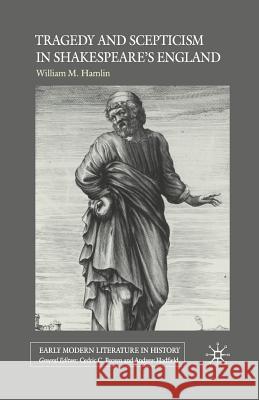Tragedy and Scepticism in Shakespeare's England » książka
topmenu
Tragedy and Scepticism in Shakespeare's England
ISBN-13: 9781349523344 / Angielski / Miękka / 2005 / 306 str.
Tragedy and Scepticism in Shakespeare's England
ISBN-13: 9781349523344 / Angielski / Miękka / 2005 / 306 str.
cena 201,24
(netto: 191,66 VAT: 5%)
Najniższa cena z 30 dni: 192,74
(netto: 191,66 VAT: 5%)
Najniższa cena z 30 dni: 192,74
Termin realizacji zamówienia:
ok. 22 dni roboczych.
ok. 22 dni roboczych.
Darmowa dostawa!
Kategorie:
Kategorie BISAC:
Wydawca:
Palgrave MacMillan
Seria wydawnicza:
Język:
Angielski
ISBN-13:
9781349523344
Rok wydania:
2005
Wydanie:
2005
Numer serii:
000030930
Ilość stron:
306
Waga:
0.37 kg
Wymiary:
21.59 x 13.97 x 1.73
Oprawa:
Miękka
Wolumenów:
01
Dodatkowe informacje:
Bibliografia
Wydanie ilustrowane
Wydanie ilustrowane











